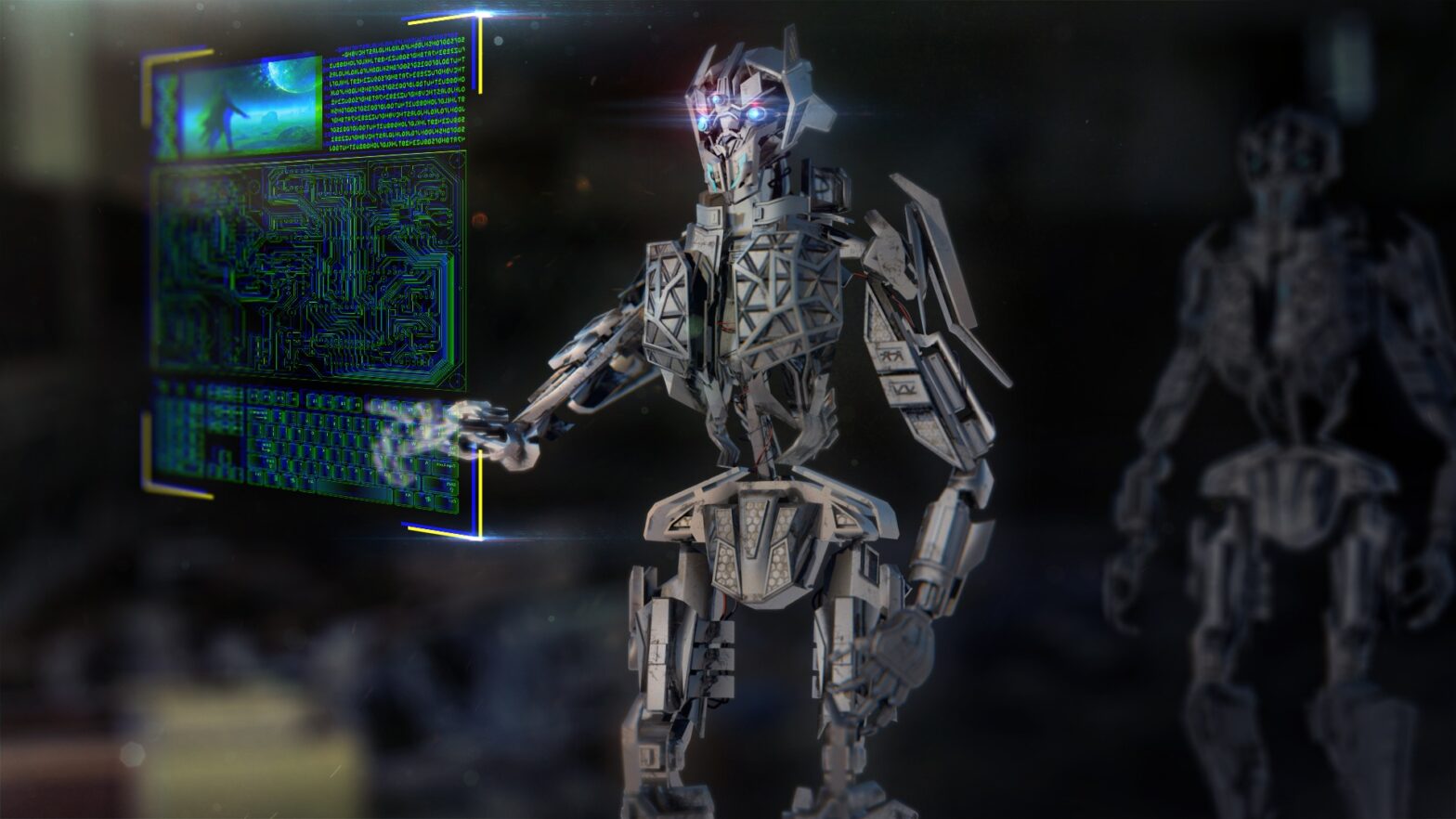Worldwide, businesses pay people USD $70 trillion per year to do work that machines are not yet smart enough to do. Eventually, they will be. This will make our lives better.
Job automation has been happening for hundreds of years. Machines do not replace jobs. They replace work. We earn more, not less, by using machines to work for us.
In 1800, most of the world’s one billion people were sustenance level farmers. Now, agriculture is 6% of the world economy (1.5% in developed countries), and yet it produces enough food for 7 times as many people. Average life expectancy increased from 25 to 70 years. We have electricity, indoor plumbing, cars, a network of roads to drive them on, and the internet. The average person today lives better than royalty did 200 years ago.
Yet we still worry that this will change when machines can do everything better than humans can, and there will be no longer be demand for our skills. Will we all be unemployed and starve? No, for several reasons.
- AI is very hard, or else we would have solved it by now. Skills like vision, language, robotics, art, and predicting human behaviour require enormously powerful computers, huge data sets, and millions of lines of code. Jobs will be automated gradually, not all at once, as the easier problems are solved first.
- It is easy to see where the jobs go, but harder to see where the new jobs come from. It was easy to see tractors putting farmers out of work, but not so easy to predict job openings for web developers. The reason we don’t have 94% unemployment now is that technology makes stuff cheaper, which leaves us more money to buy other stuff. That extra spending creates new jobs.
- Over the last 100 years, there has been an increasing trend to address social inequality by taxing the rich and giving to the poor. I expect this trend to continue, simply because we are better able to afford it. Already, the unemployment rate in developed countries is 60% when you include children, retired, and others not looking for work. And yet, nobody is starving. In fact, obesity is now a bigger problem for the poor than the rich.



Beautiful Theme 🙂